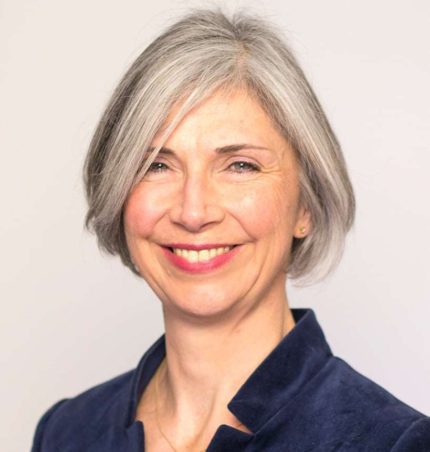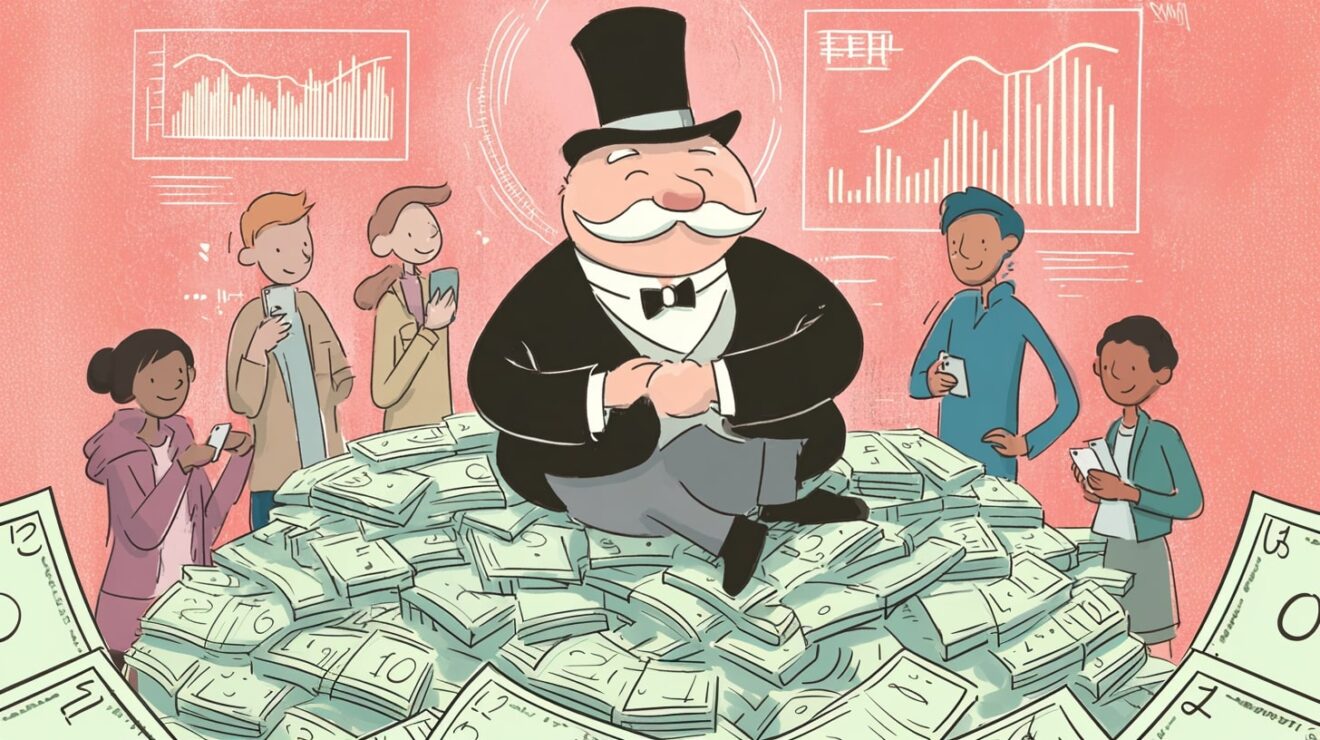I became a feminist in Kelvingrove art gallery in Glasgow.
I was studying an MLitt at Strathclyde University and had come across a claim that women in traditional art galleries were only represented as madonnas and whores. It seemed a rather hysterical assertion, which I confidently expected to disprove on my next visit to an art gallery. But, unfortunately, it turned out to be true; I found pictures of the artist’s mother and quite a few barely-dressed temptresses, alongside ones of men doing regular stuff like governing, making scientific discoveries, and fighting wars. Until then, I hadn’t noticed there was a highly gender-based discrepancy in nationally displayed art. There was the patriarchy, false consciousness, ideological state apparatus, and my contribution to it – it all fell into place. That was why we needed feminism back in 1987.
Where we are
But, oh my goodness, 2018. We have had Hollywood sexploitation scandals, #metoo, and the BBC gender pay gap. We learnt that there were no female writers of Doctor Who between 2009 and 2015. We found out that charity dinners were held where waitresses were treated like call girls and discovered that male charity workers systematically sexually exploited local children and women, their bosses wilfully blind.
Rebecca Solnit and Mary Beard reported their experiences of mansplaining, and Shami Chakrabarti reminded us that there are cultures where women can be at mortal risk because they have periods. The percentage of Conservative MPs who are women (20%) doesn’t come close to representing the gender balance of their constituents.
You can attend a course at RADA to help you increase your “authority, authenticity and impact” if you are a woman, nothing on how to value women’s contributions to meetings regardless of their vocal pitch, what they are wearing, or how they are sitting. And there have still been no convictions for female genital mutilation in the UK, despite 9,000 cases being identified via GP practices and NHS trusts last year.
Unfortunately, fellow feminists, our work here is not yet done.
Questions old and new
Many of the old questions and challenges, articulated by Wollstonecraft, de Beauvoir, Woolf and Greer are still valid, open, unresolved, and some new ones have joined them.
Do women need to change to achieve equality or should women stay the same, and the world change more? Are gender politics still largely dominated by white middle-class women, and does that reduce the validity of any of their concerns and actions? What do we think of the #thisgirlcan campaign? Is Margaret Atwood a bad feminist? Is Jennifer Lawrence exercising her free choice to be chilly and show her breasts at the Red Sparrow premier, while her male co-stars exercise their right to be fully clothed? When some women wear more clothes than other people, like a burqa – is that their free choice? And who has a right anyway to express a view on what other women wear? How should men and women share caring and domestic responsibilities? Have questions about gender equality been changed by LGBT+ rights? And when, if ever, is it valid to distinguish between cis and transgender women?
Know your rights not your limits
Sometimes, gender discrimination is obvious and horrific, like when women are sacked for being pregnant, banished from their community while they menstruate, or killed by family members for their choices.
Other times, it’s harder to be sure if what took place was gender discrimination. For instance in meetings where a man receives enthusiastic agreement for repeating something that, when said by a woman, went unremarked – thus re-enacting the Punch cartoon: “That’s an excellent suggestion, Miss Triggs. Perhaps one of the men here would like to make it.”.
I find it hard to comment definitively on the impact of gender on many of my opportunities and choices. I suspect gender was a factor in my choice to study literature and sociolinguistics, my professorship for achievements in teaching rather than in research, and my career progression to one of the senior management posts relatively more likely to be filled by a woman (PVC education and student experience). But, exactly the influence of gender in any of those steps, and whether with hindsight I’d make all the same choices again, it’s hard to say.
While evidence of gender discrimination can be hard to trace in individual choices and experiences, it is clearly there in the statistical data. 24% of UK professors are women, and of those only 30 are black. A huge recent increase in reporting of sexual assaults on campus suggests that 70% of women have experienced sexual assault or harassment at university in the UK. Anonymous student evaluations reveal bias against women internationally, with the Financial Times, and the Guardian reporting on the relative lack of women in senior roles in higher education.
In 2016, Gareth Peirce, the human rights lawyer, came to London South Bank University to collect her “Inspired by Law” awards from one of our students. As part of a panel discussion, she stated that human rights can go backwards as well as forwards and spoke about the importance of continuing to fight for civil rights not only to progress but to protect what we have. Looking at the legal protection women stand to lose as a result of the UK leaving the EU, and the misogyny of the Trump administration, it is easy to see that could be the case.
Deeds, not just words
On International Women’s Day 2018, what shall we do ensure gender equality continues to progress and doesn’t slide back? If it were easy to fix, we would be in better shape regarding the proportion of women in senior roles in HEIs than we are. But here’s my list of six things which I believe can make a difference:
- Follow good practice in recruitment and promotions always, not just sometimes, with transparent processes, explicit criteria and diverse appointment panels whose members have had equality training.
- If you can’t shortlist diverse candidates, review the role and how you advertise it. Don’t proceed with an all-white, all-male shortlist.
- Take unconscious bias training. We all need it.
- Be serious about flexible working. Ask for it. Provide it.
- Support female colleagues participating in professional development like Aurora and Women onto Boards (both by the Leadership Foundation).
- If you ever feel like defending something you said as ‘banter’, you probably shouldn’t have said it. Apologise and don’t repeat it.
And today, if you go to a meeting, a class or a seminar, observe who talks and how much. In classrooms and business meetings with equal numbers of men and women present, men talked on average 66% of the available time when I was doing my PhD on gender and communication quarter of a century ago. Prove me wrong if I say it hasn’t changed.














Thank you for this post! Salient, timely and ever necessary.
Great article